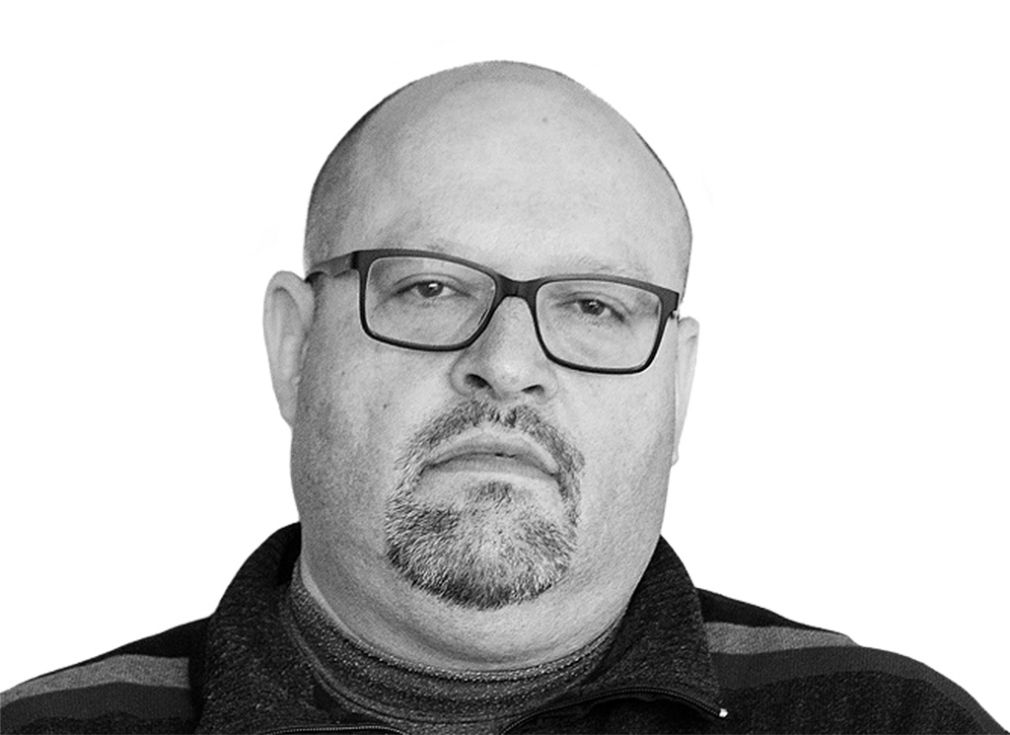By: dr Matevž Tomšič
If you thought that people in power taking part in public protests was something that only belonged in some satirical show, you were wrong. Newly, the government and the ruling coalition are also on strike. This happened on the so-called rally or patient strike organised by the initiative Glas ljudstva (those who some time ago cycled through the centre of Ljubljana every Friday), and they were joined by some ministers and other officials led by the Prime Minister himself.
We can say that this was the most bizarre protest rally in the history of independent Slovenia. Protests or strikes are generally directed against someone. Those who do this are addressing someone with their demands. And they usually address those who have the power to make decisions – that is, the rulers. In this protest, however, it was not at all clear who it was directed against. The organisers said that it was not directed against the government. We can trust them in this, as they have clearly shown many times that they are closely connected with the current authorities. After all, they also helped bring them to power.
Without a doubt, the patients’ protest rally was a regime manifestation. It was organised, attended, or at least supported by all those in power now. Apparently, its main purpose was to divert attention. With such manoeuvres, it is tried to hide who is actually most responsible for the poor state of health care. This is, of course, the government (not the previous one, but the current one), which has practically done nothing to solve these kinds of problems. Some mayors are also responsible, as the organisation of basic health activities is in the hands of the municipalities. And the biggest problems are precisely in the Slovenian capital, in the city whose mayor was recently convincingly re-elected.
What happened at this rally strongly resembled the practice known from the former communist regime, when state-party officials demonstrated at public rallies against various external and internal “enemies of the people”. The role of this enemy was clearly assumed by doctors in the given context. Or to be precise, “medical amphibians”. This phrase is a new addition to the arsenal of the socialist new word, designed to deal with those who are troublesome to the ruling set. It refers to those doctors who work in both the public and private segments of healthcare. Another culprit is concessionaire doctors, that is, private providers of health services whose costs are covered by the state. Because of their “greed”, they are said to be responsible for the problems that are shaking Slovenian healthcare. But the truth is the opposite of what socialist demagogues propagate. As a rule, concessionaires organise their work in a more efficient and rational way than is the case for public healthcare institutions. Without them, patients would have to wait significantly longer for medical examinations and interventions.
Such a rally would not be possible in any western democratic country. It would easily happen, for example, in Putin’s Russia, where some pro-Kremlin quasi-governmental organisation would organise a public protest (e.g., against all those who threaten Mother Russia), and the entire state leadership with the president at the helm would honour it for their participation. Manifestations attended by those in power are by no means a sign of democracy, but rather of its lack.
In Slovenia, populist politics is in power, which in terms of its bizarreness – in words and actions – has no equal in today’s Europe. Political norms and customs seem to be completely turned upside down. The result is an erosion of democratic political culture with no end in sight.
